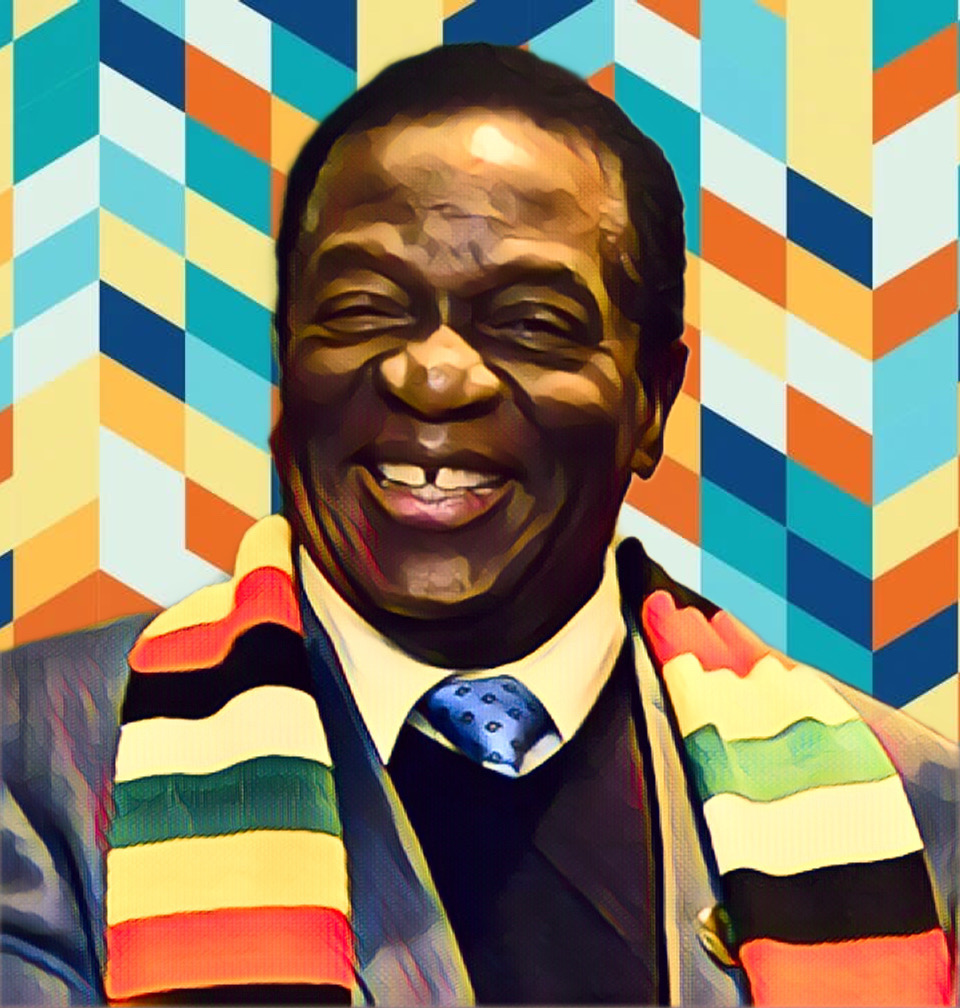KEY POINTS
- Zimbabwe may defer the 2028 elections, citing consensus between Zanu PF and CCC and alignment with development goals under NDS2.
- Justice Minister Ziyambi Ziyambi affirms constitutional provisions allow election delays if stakeholders agree and national interests align.
- Critics warn deferring elections could undermine democracy, while supporters argue it enables long-term stability and developmental progress.
Zimbabwe’s government has confirmed that deferring the 2028 national elections is under consideration, as a growing consensus between the ruling Zanu PF party and the Citizens Coalition for Change (CCC) gains traction on several pivotal issues.
Justice Minister Ziyambi Ziyambi, in an interview with The Daily News, said, “The Constitution allows for the deferment of elections if there is consensus among stakeholders and if the decision is in the national interest.
Zimbabwe parties back election delay
Given the alignment between Zanu PF and CCC on various matters, this is an achievable prospect.”
The development comes as discussions intensify over extending President Emmerson Mnangagwa’s tenure beyond the constitutionally mandated two-term limit.
Proposals to delay the 2028 elections to 2030 are reportedly gaining momentum, with both parties citing the need to prioritize developmental objectives under the National Development Strategy 2 (NDS2).
Bipartisan support raises questions
The growing alignment between Zimbabwe’s major political parties on delaying elections has raised eyebrows. Both Zanu PF and the CCC have recently adopted unified stances on contentious issues, including this proposal.
CCC Chief Whip Charles Moyo publicly expressed support, stating, “As CCC, we are lobbying for the deferment of elections. Dialogue between CCC and Zanu PF will ensure the smooth implementation of NDS2 and pave the way for continued national development.”
Zanu PF has also been vocal about keeping Mnangagwa in office beyond 2028, with resolutions from its 2023 annual conference endorsing the idea. The party’s leadership argues that a delay would enable the government to focus on completing long-term economic and infrastructural projects under NDS2.
Legal and democratic implications
Under Zimbabwe’s Constitution, changes to the election timeline or presidential term limits require extensive consultations and legal amendments.
Critics warn that deferring elections could erode democratic principles, undermine public trust in governance, and set a dangerous precedent.
Justice Minister Ziyambi defended the proposal, asserting that it aligns with the country’s developmental priorities. “The Constitution is clear that such decisions must be made in the public interest and with stakeholder buy-in. If this move benefits the nation, then it is worth pursuing,” he said.
Public and political reactions
The proposal has sparked mixed reactions. Proponents argue that postponing elections will provide stability for implementing critical national projects. However, opposition figures and civil society groups see the move as a veiled attempt to consolidate power.
“This is not about development; it’s about retaining power,” said one political analyst. “Delaying elections undermines the democratic process and raises concerns about accountability.”
Internal divisions within Zanu PF, particularly resistance from Vice President Constantino Chiwenga’s faction, also pose potential obstacles to the plan. Meanwhile, international observers are closely monitoring the situation, given its implications for democratic governance in the region.
As discussions continue, the focus will be on whether the proposal secures formal approval and how it resonates with the broader public. Zimbabwe’s move to consider deferring the 2028 elections underscores the tension between political ambition and democratic principles, with the nation’s governance and democratic future at a crossroads.


